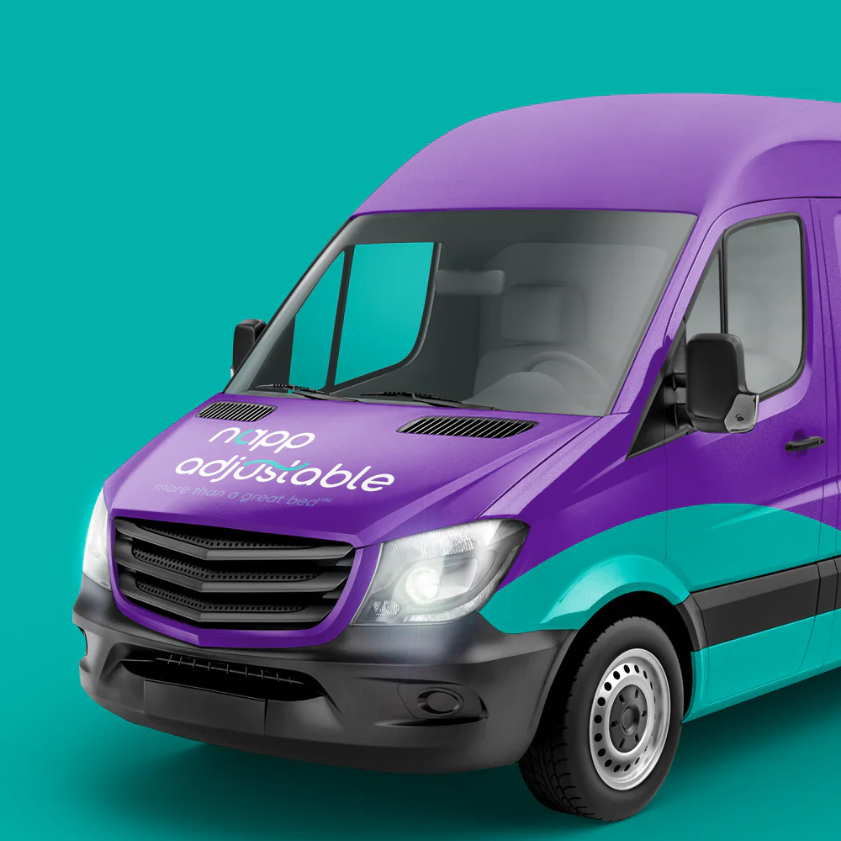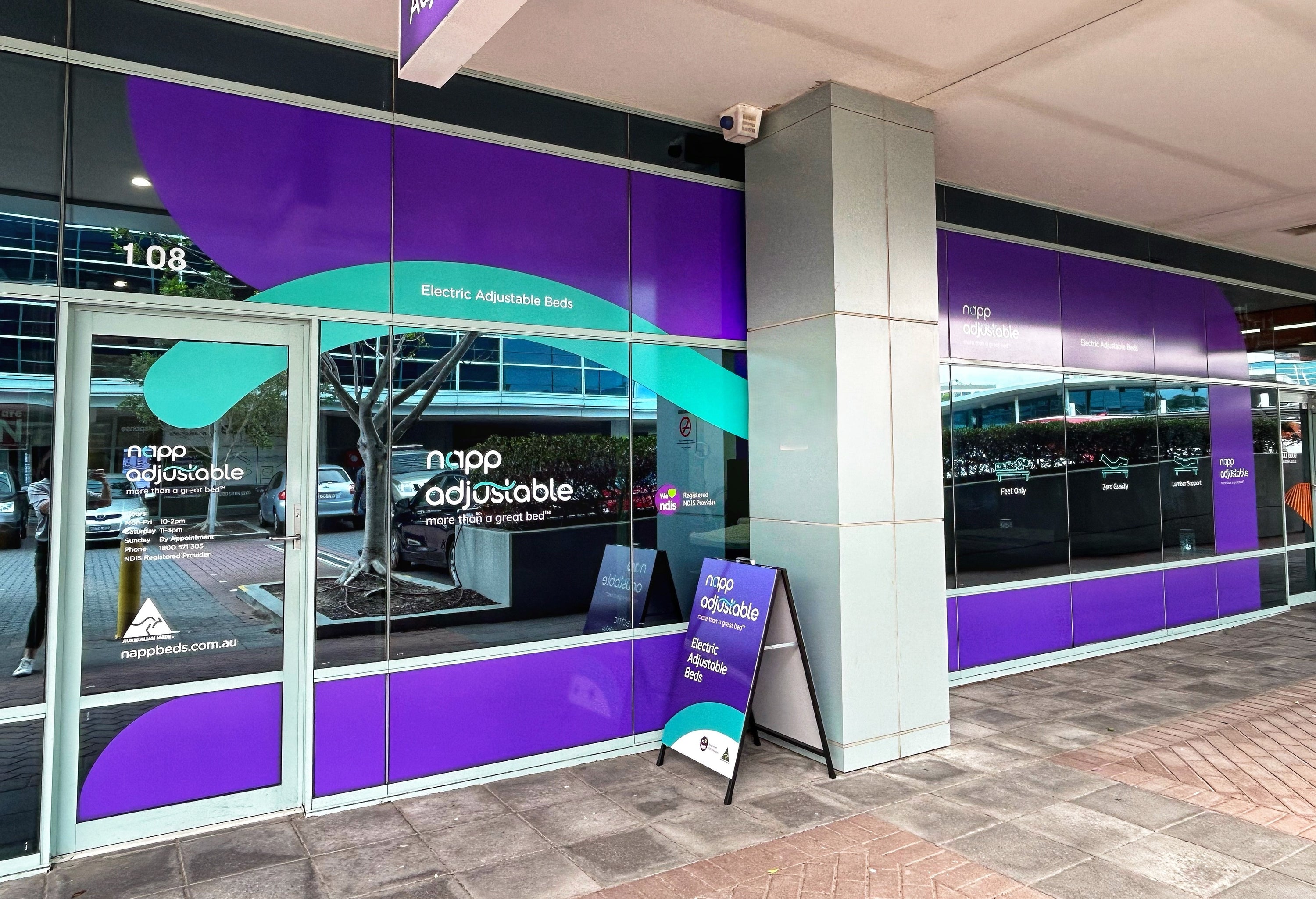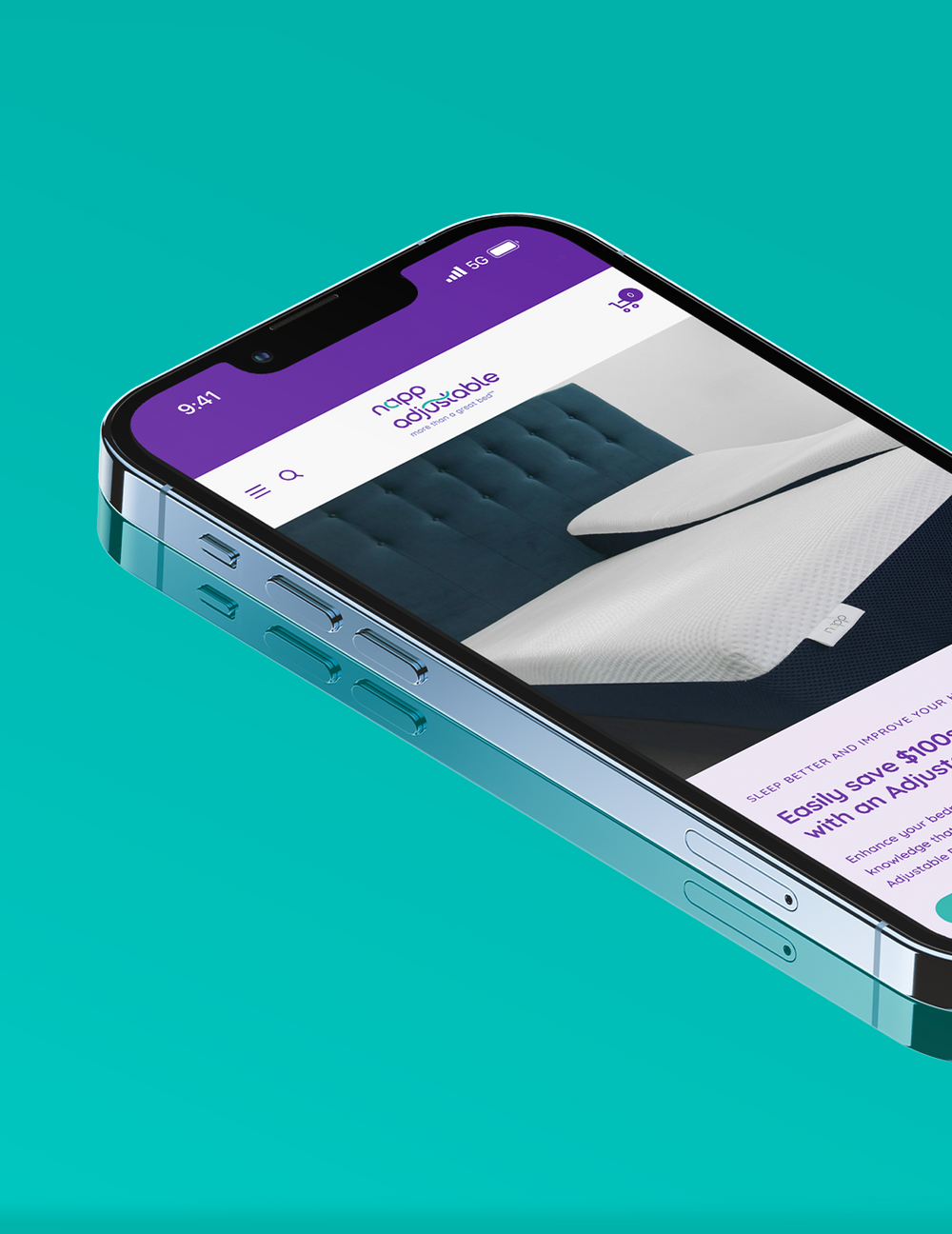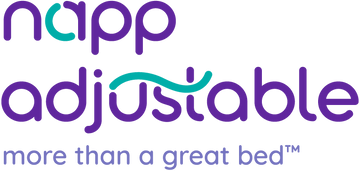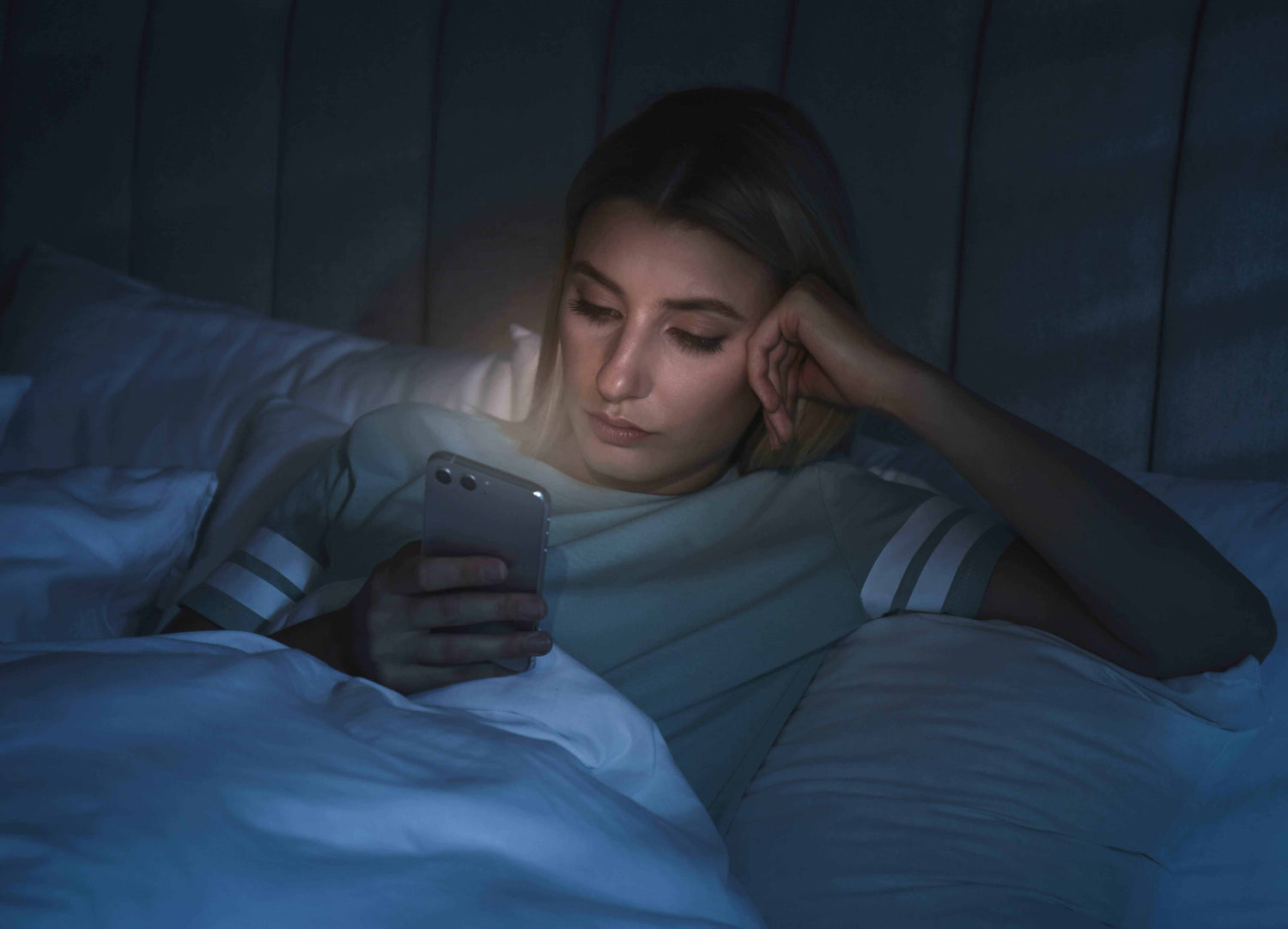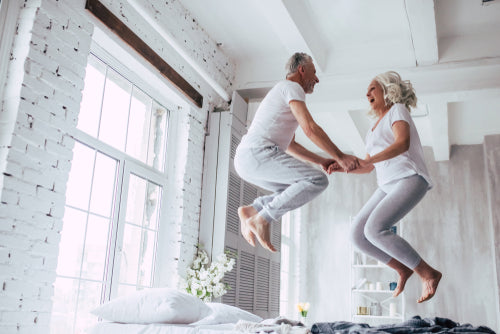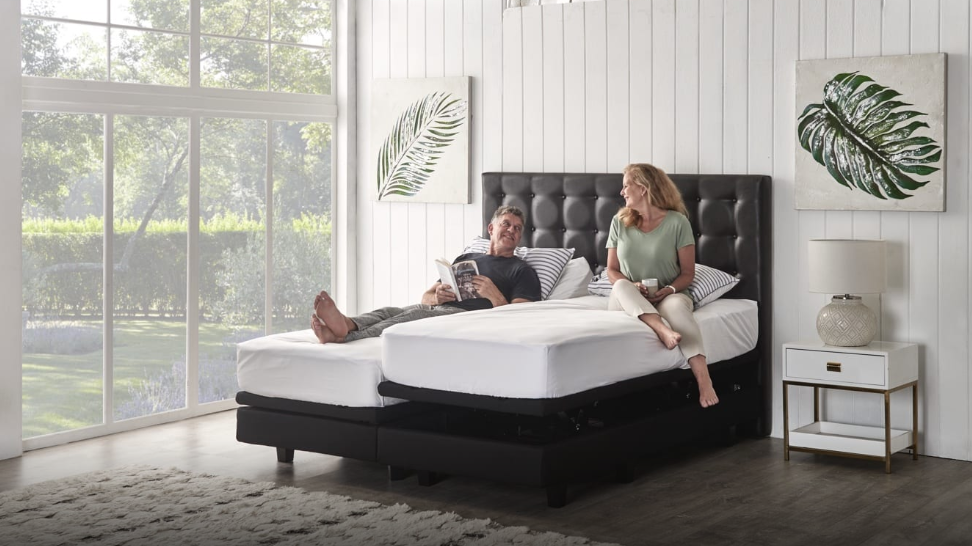The (*1) Australia Talks National Survey 2021 has found millions of Australians aren't getting enough sleep — and an overwhelming majority believe technology is partly to blame.
Eighty-nine per cent of respondents said technology was having a negative effect on Australians when it comes to sleep.
And the younger you are, the more likely you are to say this, with 94 per cent of 18 to 29-year-olds sharing a negative sentiment. If you are reading this article chances are you are not in that age demographic but it doesn't mean your exempt!
A staggering number of people admit to using electronics before bedtime. Experts recommend to have at least 30 mins 'no screen' time to allow your brain to rest and prepare for a good nights sleep. So its clear there's a connection between electronics causing sleep issues but could they also be a solution?
Introducing Sleep Trackers - What are they?
Sleep trackers are devices that monitor your quality of sleep. They come in a variety of forms, from smart watches to fitness trackers, rings, arm bands and even sleep on devices. Personally I have been using an Oura Ring for the last 3 years and can't rate it highly enough. Naturally everyone has their personal preference and budget to consider.
Sleep trackers measure all sorts of things depending on the style you use but you can be assured even the most basic measure such things as sleep cycles and sleep time. The more advanced models also provide valuable information such as specifics about the quality of sleep.
Sleep Time
All trackers measure the amount of 'sleep time' you get and often record the 'awake' cycles also which most of us experience in varying degrees.
Quality of Sleep
Good sleep just isn't about getting your standard 7 + hours, its about the quality, the sleep cycles your body experienced, the latency (period it took to fall asleep). The bodies temperature, the resting heart rate & with more detailed models the HRV - Heart Rate Variability . Bodies temperature, Resting HR and HRV are most accurate once they have been measuring for a minimum of 3 months for patterns to become clear.
This information is downloaded from your device to an App on your phone and by using all of these factors, sleep trackers start to get a clear picture of your sleep, and how you can improve it.
If you are not ready to purchase a wearable sleep tracker you can consider using Free Apps on your phone to offer you personalised sleep advice. I also know that there are good apps to give you in-depth information on your snoring for example - but snoring is a whole different subject for a different blog!
At the very least when it comes to technology try these basic steps.
- Switch of notifications for a specific time every night. - Personally I have it set to silent from 9pm - 7am
- Turn your phone onto 'blue light' less obtrusive and wakeful on our minds.
- Turn your phone on silent - most phones have an override setting so you can slept restful in the knowledge that you can and will be woken should an emergency situation occur.
(*1)The Australia Talks National Survey asked 60,000 Australians about their lives and what keeps them up at night
